
Your morning cup of brew can energize a slow morning, but it can also sabotage certain medicines in ways that aren’t obvious and even make things start going sideways. Anyone who relies on daily prescriptions should know what’s at stake. Here are some medications you do not want to take with your coffee.
Thyroid Treatments (Levothyroxine)
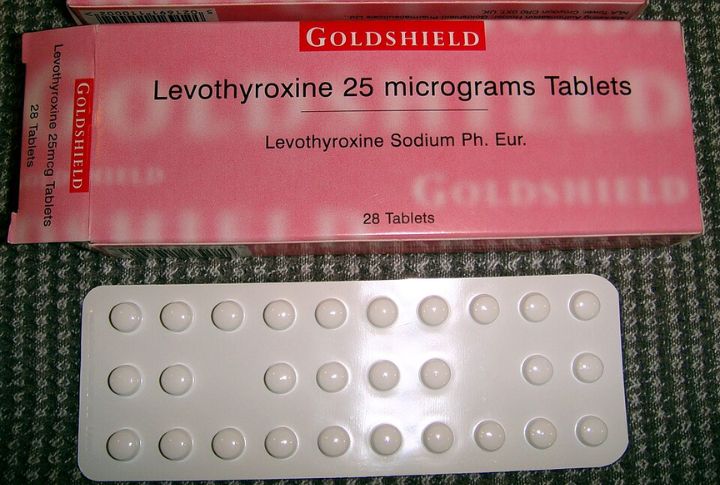
Levothyroxine, one of the commonly prescribed compounds for thyroid disorders, can lose its impact when taken too close to coffee, as it reduces the absorption of thyroxine (T4). Drinking coffee within an hour of taking medication may disrupt hormone regulation. Therefore, some patients take it at night to maintain their morning routine.
Antidepressants (E.g., Fluoxetine, Sertraline)
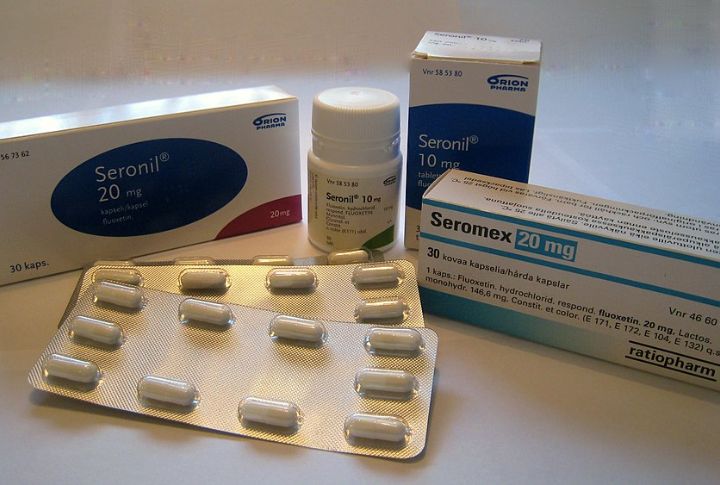
Caffeine alters central nervous system activity, which can impair both the absorption in the digestive system and the overall impact of antidepressant agents. By increasing brain chemicals like dopamine, coffee can disrupt the intended effects of the treatment. This interaction can worsen side effects and further complicate mental health treatment.
Blood Pressure Pills (E.g., Propranolol)
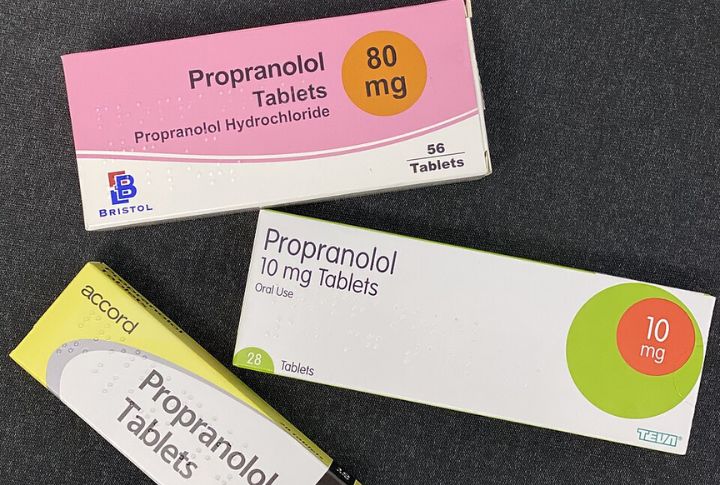
Medicines such as propranolol and metoprolol may lose their impact when paired alongside coffee, which can trigger a temporary spike in blood pressure. For those who metabolize caffeine slowly, the impact can be more pronounced. The reaction may reduce the drug’s ability to maintain stable blood pressure and manage cardiovascular symptoms effectively.
Antibiotics (E.g., Ciprofloxacin)
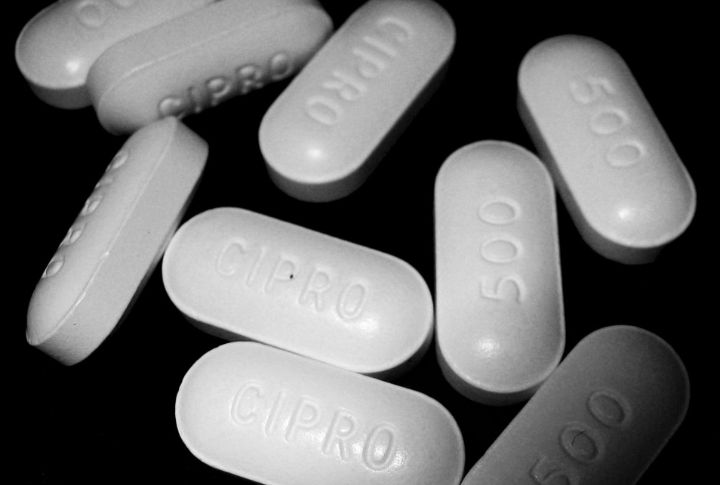
Combining Ciprofloxacin and caffeine may lower the antibiotic’s potency and impair the body’s ability to fight infection. What might typically be a burst of energy from coffee can instead lead to prolonged restlessness. That happens because Ciprofloxacin changes how the body metabolizes caffeine, causing its stimulating influence to last longer than usual.
Anticoagulants (E.g., Warfarin)
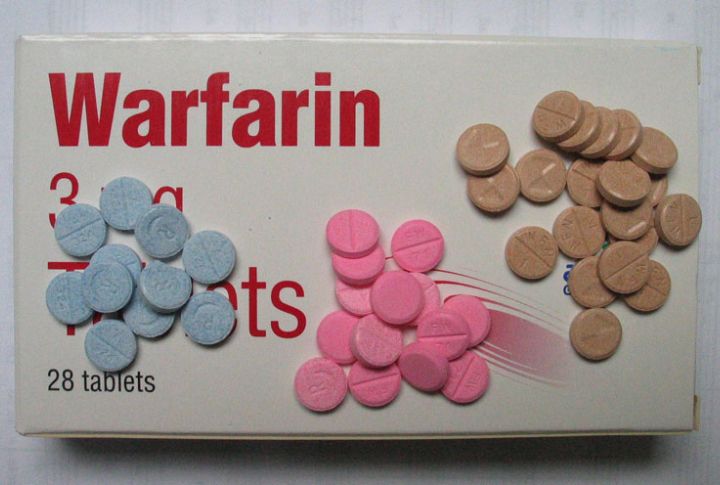
Blood thinners, specifically Warfarin, are affected by coffee intake as it alters how the body processes the medicine. Caffeine can even raise Warfarin levels in the blood, thereby increasing the risk of bleeding. Even decaf isn’t completely safe, as brewing methods and added ingredients can still affect how the anticoagulant functions.
Asthma Medications (E.g., Theophylline)
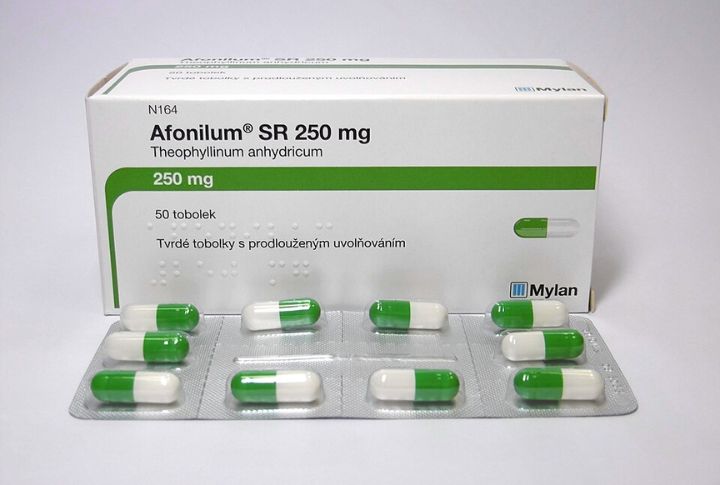
Side effects such as racing heartbeat and queasiness may intensify when asthma medication, like Theophylline, and coffee overlap. Their chemical similarity puts extra strain on the nervous system. In higher doses, the combo can also increase the risk of toxicity, especially if your morning brew is extra strong.
Diabetes Medications (E.g., Insulin)
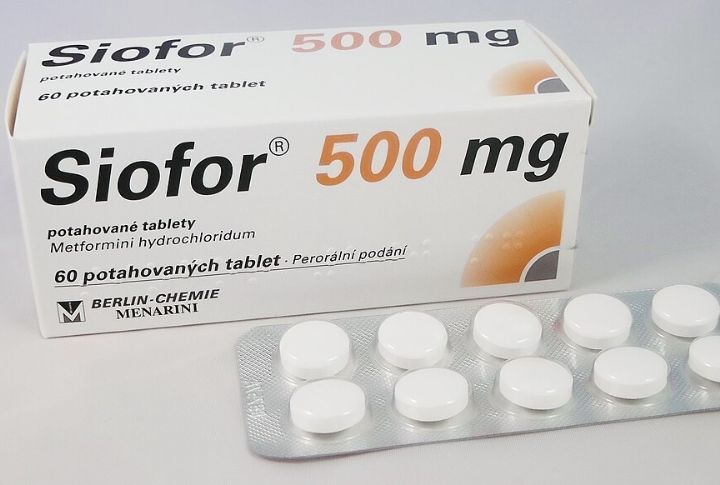
Coffee can make it harder to control blood sugar. Caffeine lowers how well insulin works, so more sugar stays in the blood. Sweet drinks, such as lattes, add even more sugar. Together, these changes can reduce how well diabetes medicine works and make it harder to maintain a healthy sugar level.
Antipsychotics (E.g., Clozapine)
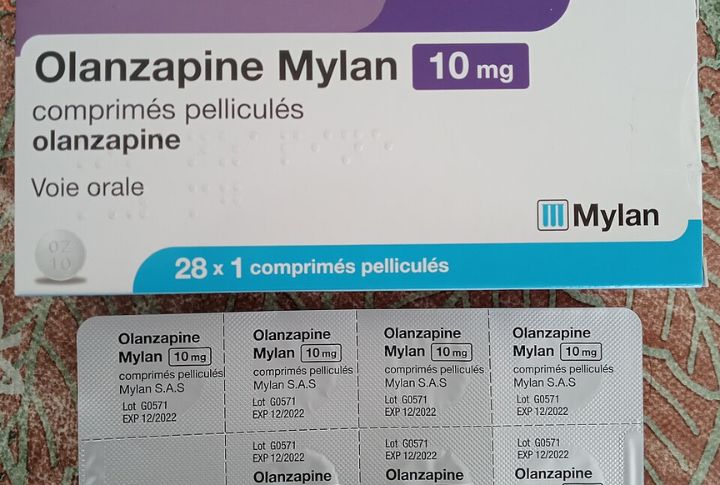
Antipsychotics, namely Clozapine, are used for treating schizophrenia. However, caffeine slows the breakdown of the drug and increases its concentration in the body, making insomnia or agitation worse. Since Clozapine already needs careful blood monitoring, caffeine adds unnecessary risk. Moreover, some antipsychotics have stimulating properties, which intensify these challenges.
Birth Control Pills
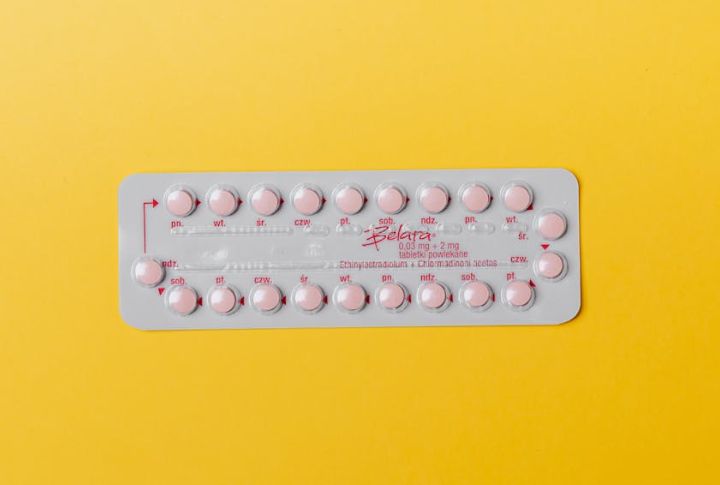
Slower caffeine metabolism can lead to persistent symptoms like restlessness and heart palpitations. This is often seen in individuals using hormonal birth control, which alters how the body processes caffeine. As a result, a consistent intake may feel more intense, since shifting hormone levels increase the unpredictability of the body’s responses.
Osteoporosis Agents (E.g., Alendronate)
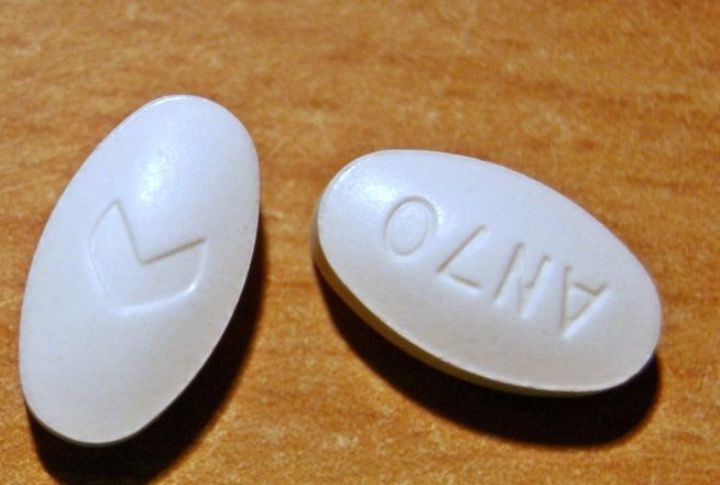
The absorption of bone-building treatments can be significantly reduced when taken near coffee, with effectiveness dropping by over 50% in some cases. Drugs, such as alendronate, are particularly affected. Coffee also increases calcium loss through urine, adding further risk to bone health. Physicians therefore recommend taking these medicines alongside plain water only.
